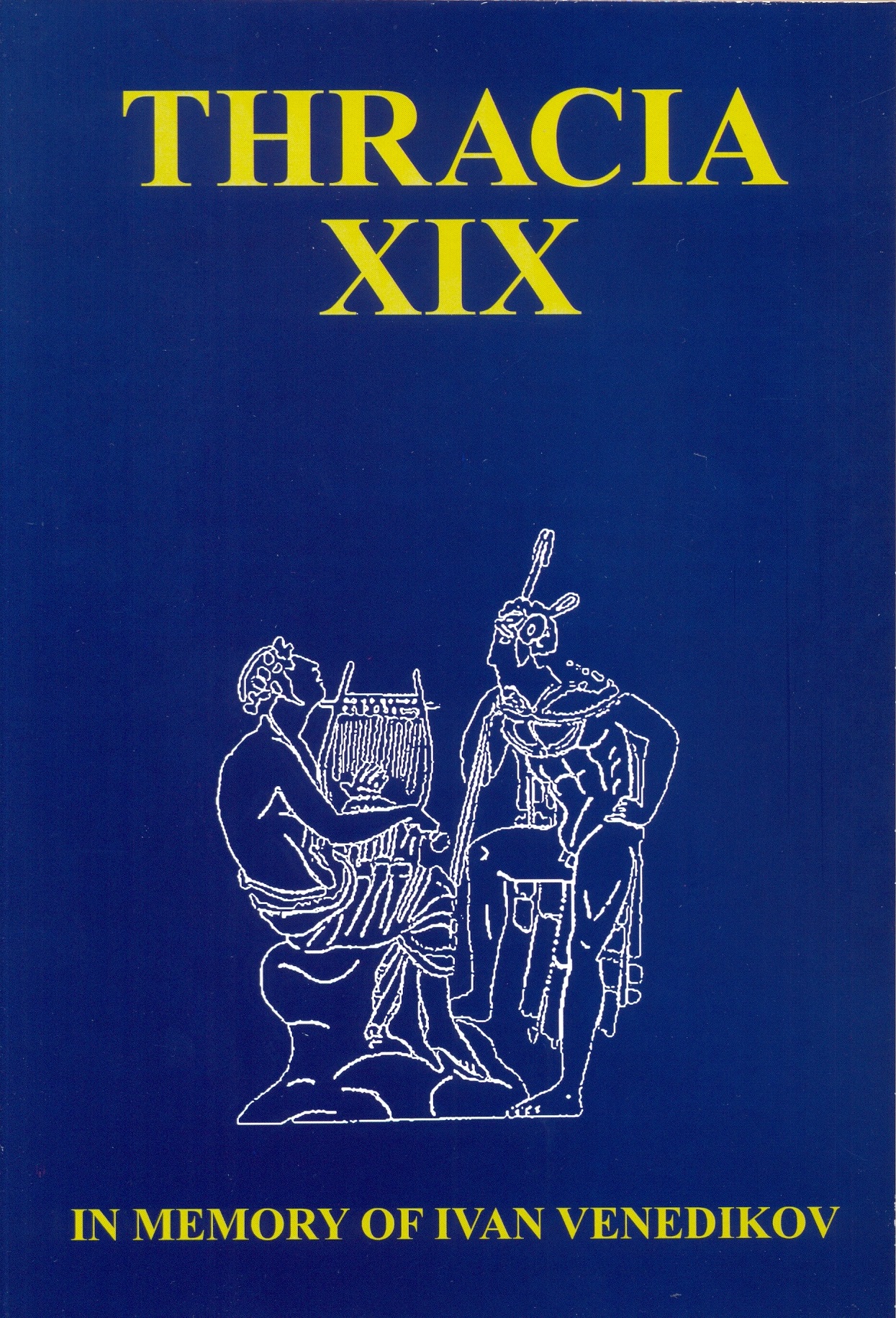Тракийската богиня Котито
The Thracian Goddess Kotyto
Author(s): Dimitar PopovSubject(s): History, Cultural history, Ethnohistory, Local History / Microhistory, Ancient World, Theology and Religion, History of Religion
Published by: Институт за балканистика с Център по тракология - Българска академия на науките
Summary/Abstract: The paper defends the theory on the Thracian character of the goddess Kotyto, known from the ancient written tradition, as well as its identifying as one of the names of the Great Goddess-Mother of the Thracians. On the basis of the tragedy Edonoi by Aeschylus, the author assumes direct parallelism in the festivities in honour of Kotyto and Dionysos. A detailed analysis is made of the evidence on the Athenian strategos Alcibiades as adept of the cult of Kotyto that was alien to Athens. The ancient authors describe his blasphemous behaviour, his insulting attitude to the official Athenian deities and his inclination to wear women’s clothes. However, his shameless behaviour finds an explanation again in the ancient written tradition, according to which the worshipping of Kotyto was done by effeminate men who danced imitating the other gender. The author stresses that ritual travestism is associated with the idea of androgyny, although Kotyto is not an androgynous deity. The man dressed in female clothes achieves gender unity, which alleviates for a moment his total understanding of the Cosmos. The ritual changing of clothes, the use of grotesque female masks, the indecent dances of ithyphallic character, the orgiastic shouting and the numerous noisy musical instruments, which defined the appearance of the festivities in honour of Kotyto, form part of the idea of the transition from one state to another, of the eternal turnover and of immortality.
Journal: Thracia
- Issue Year: 2011
- Issue No: 19
- Page Range: 267-277
- Page Count: 11
- Language: Bulgarian
- Content File-PDF

